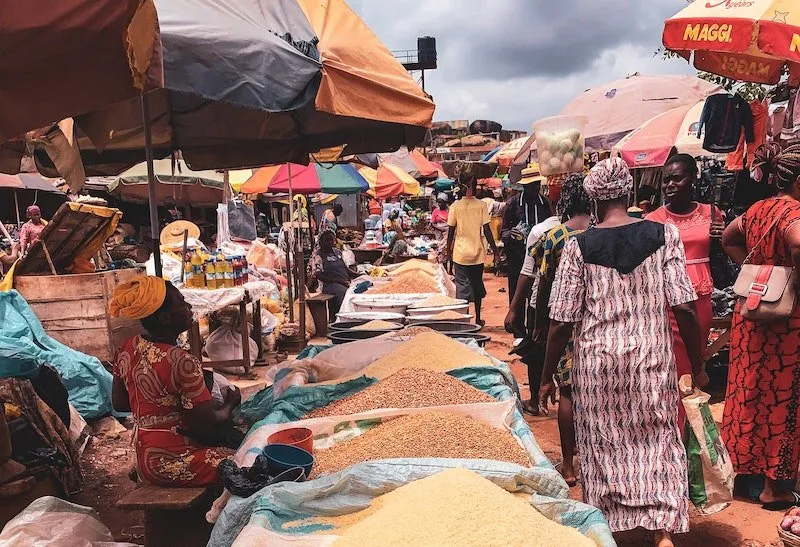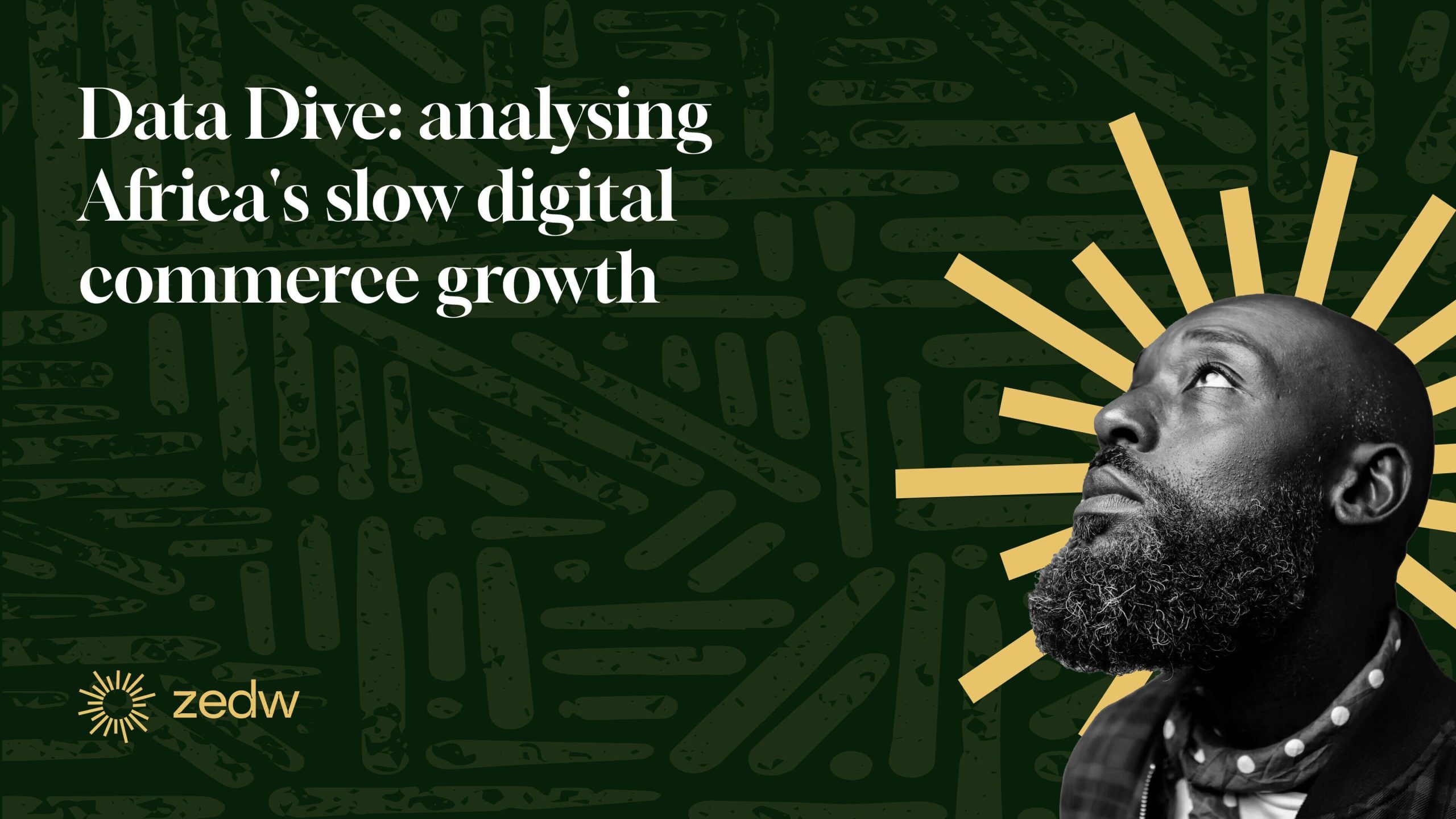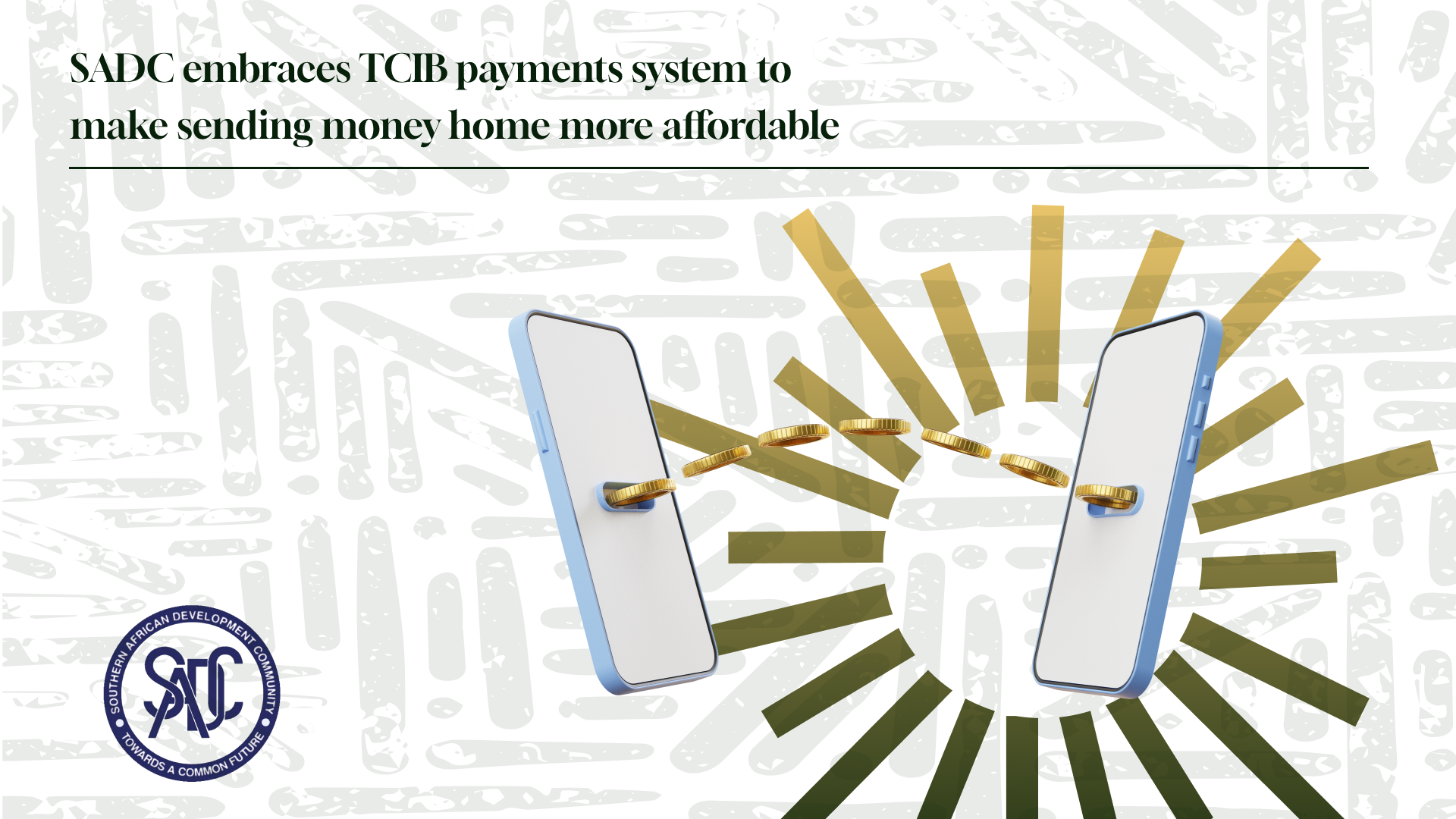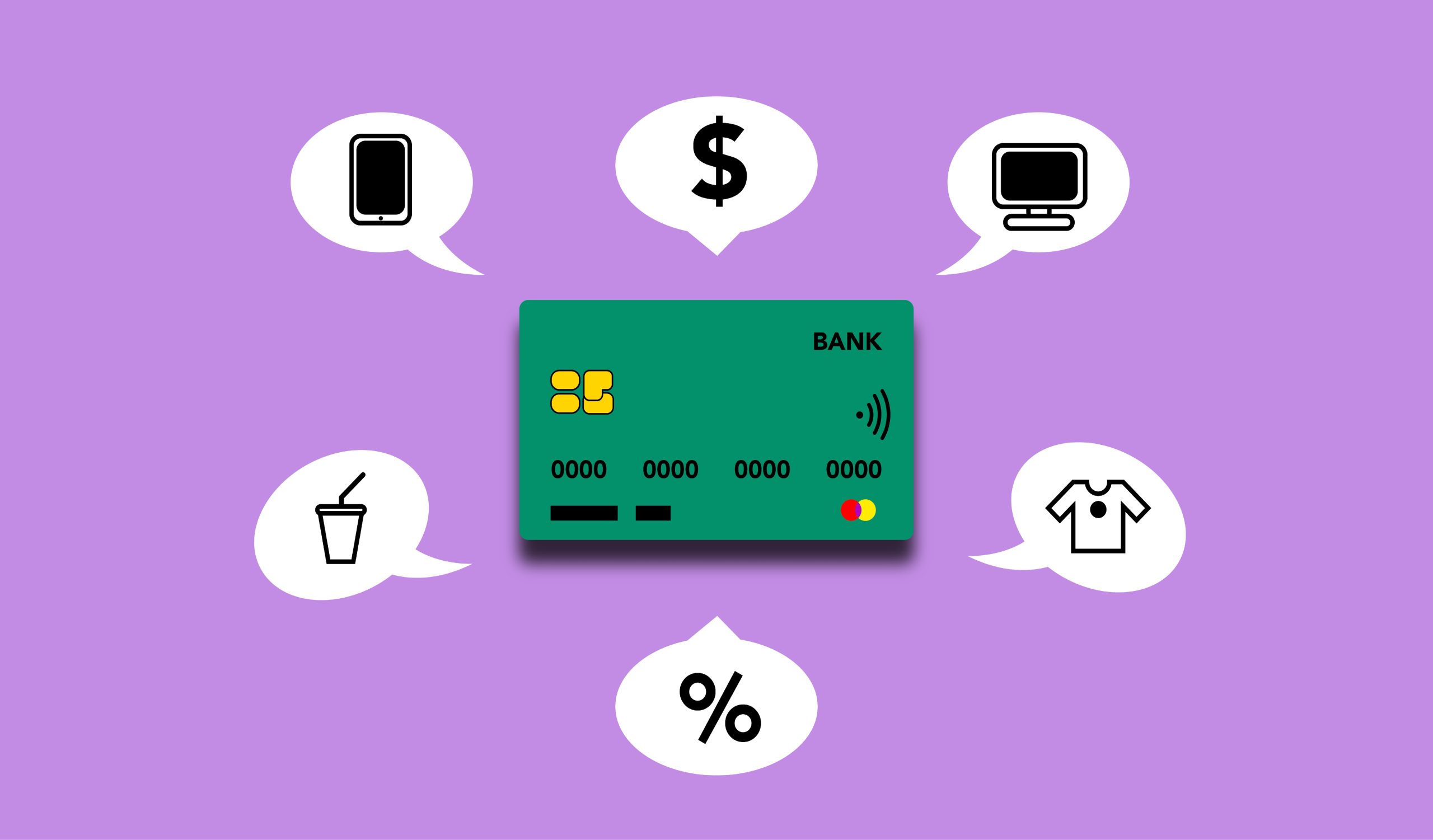The current state of instant and inclusive payment systems in Africa indicates a considerable opportunity for growth.
Some digital payment startups across Africa are performing exceedingly well, but there is still room for growth, and there are others that need to unlock some bottlenecks to perform excellently and meet due diligence requirements to fulfil the needs of consumers.
After all, instant and inclusive retail payment systems play a pivotal role in creating universal access to financial services for Africans.
Over the past five years, the rise of mobile transactions has been a key driver of substantial gains in the financial sector – offering a conducive and fertile ground for various role players to develop startups in the market. It has also opened up other financial services such as credit, insurance and savings, which although have low uptake, have shown significant growth and reach.
Currently, there is a gap in brick-less payment systems and the uptake of retail payments can help to bridge the financial inclusion gap in Africa. Nowadays people lead busy lives and at the heart of their daily economic lives is the ability to transact and exchange value conveniently and timeously.
The 2022 ‘State of Instant and Inclusive Payment Systems in Africa,’ report indicates that consumers want secure, lower-cost transactions that include instant and inclusive payment systems. Developing this sector would not only empower Africans but also create competitive jobs and financial and technical markets that are homegrown. It could also potentially reach and empower vulnerable groups such as the economically challenged, rural populations and women.
Africa is currently in the midst of a transition to digital retail transactions and is therefore challenged to provide a compelling value proposition to meet transaction needs; from sending or receiving money to changing currency. The most key aspect is that the service provider must offer product services that are broadly and immediately available, affordable, reliable, user friendly and reach market scale.
While there is limited data on Instant Payment Systems (IPS), especially for low and no-income users, a recent report published by Africa NEDA and partners World Bank and UNECA sheds light on the current reality by depicting how there are major gaps in the consistent provision of payment systems. Overall, it emphasises the need for reliable and efficient payment systems. It notes that on average, two new IPS are introduced per year. Other noteworthy key findings contained in the report, include:
- Approximately 16 billion transactions were processed in 2021 at a value of $930.
- Over the past five years, there has been an annual growth of 32% in transaction volume.
- About 2 out of 3 end users make digital transactions weekly.
- More women have access to digital financial services despite facing greater constraints.
- The highest used services are mobile money services and cross-domain and bank services.
Cover Image Credit: Lonely Africa








